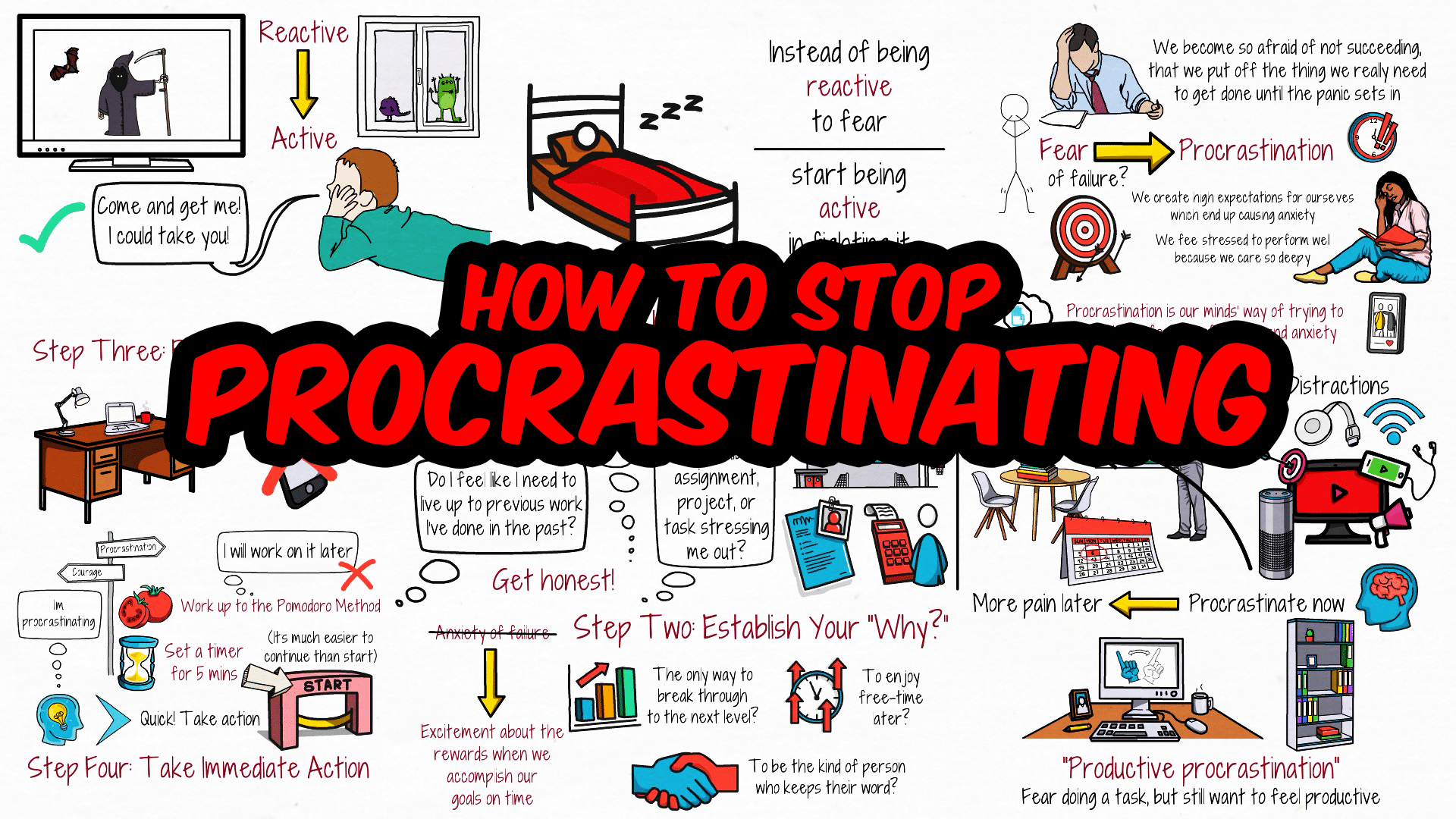In today's fast-paced world, people often face internal obstacles that hinder their success. Among these, procrastination, emotional dependency, and impostor syndrome are some of the most common challenges. But how can we overcome them?
This article, we will explore the root causes and strategies to address these three challenges. By understanding their impact and learning how to tackle them, you can build a healthier mindset and achieve your goals.
What is Procrastination?
Procrastination refers to postponing important activities despite knowing their importance. This behavior is frequently linked to emotional or psychological factors, such as anxiety or self-doubt.

When procrastination takes over, procrastinadora can be far-reaching. o que é procastinar To procrastinacao combat procrastination requires practicing self-discipline and creating actionable plans. Consider techniques like the Pomodoro Technique or setting realistic deadlines to stay on track.
The Nature of Emotional Dependency
Emotional dependency occurs when an individual relies heavily on others for validation, support, or happiness. While human connection is essential, emotional dependency turns detrimental when it leads to a lack of independence.

Common signs of emotional dependency include a fear of rejection, difficulty making decisions independently, and constant seeking of external approval. Breaking free from this pattern, it’s crucial to build self-confidence and cultivate self-reliance. Therapy, mindfulness practices, and journaling can provide significant support.
What is Impostor Syndrome?
Impostor syndrome refers to a psychological phenomenon where individuals doubt their accomplishments despite evident success. People with impostor syndrome tend to undermine their abilities rather than skill or effort.

Impostor syndrome often results in anxiety, self-doubt, and a fear of being “exposed”. Addressing this issue involves challenging self-critical beliefs and celebrating accomplishments. Seeking feedback from trusted peers and embracing self-compassion can also help you build confidence.
Steps to Overcome Procrastination, Emotional Dependency, and Impostor Syndrome
To navigate these issues, consider the following strategies:
- Develop structured daily plans and set achievable goals.
- Build self-awareness to identify patterns of emotional dependency and foster personal resilience.
- Acknowledge your strengths regularly and seek professional guidance if needed.
Consistency is key, so keep practicing these methods to see positive changes.
Moving Forward from Mental Barriers
Procrastination, emotional dependency, and impostor syndrome can feel overwhelming, but you can overcome them by taking deliberate action. With awareness and consistent effort, you open the door to personal growth.
Start today by recognizing these patterns in your life and implementing small but meaningful changes. Remember: progress is a journey, not a destination.
Comments on “The Psychological Mechanisms of Procrastination, Emotional Dependency, and Impostor Syndrome”